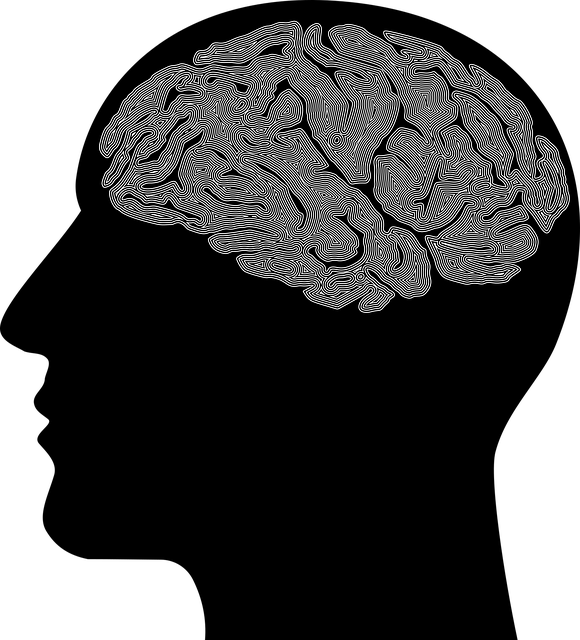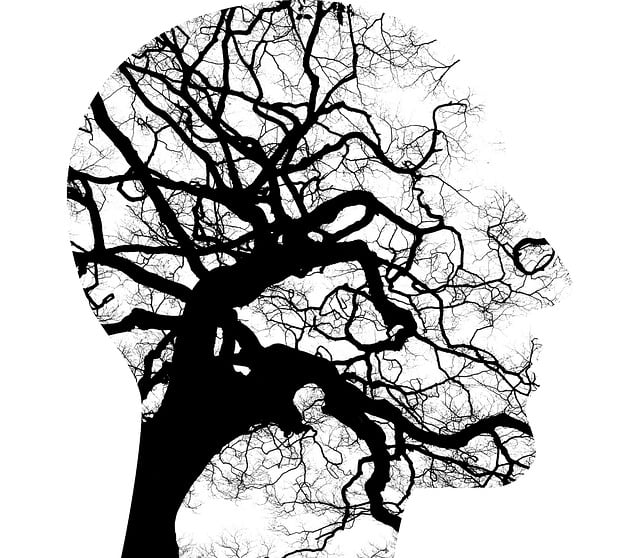Mental illness diagnoses involve initial assessments, psychological tests, and interviews to identify conditions like depression or substance abuse. Broomfield Drug Abuse-Substance Abuse Therapy stands out with a holistic approach, addressing co-occurring mental health disorders using evidence-based practices tailored to individual needs, cultural sensitivity, and strong patient engagement. Understanding personalized treatment plans including therapy, medication, and self-care routines is crucial for managing mental health effectively. Building supportive networks and engaging in mental health education reduces stigma while proactive self-care strategies and risk management planning empower individuals during their recovery journey.
Mental illness diagnosis and treatment can be a complex, daunting journey. This comprehensive guide aims to provide crucial navigation assistance, addressing key aspects of managing mental health effectively. From understanding the process of mental illness diagnoses to exploring Broomfield Drug Abuse’s role in substance abuse therapy, we delve into strategies for navigating treatment options and building supportive networks. Additionally, self-care techniques are highlighted for optimal mental health management.
- Understanding Mental Illness Diagnoses: Unveiling the Process
- The Role of Broomfield Drug Abuse in Substance Abuse Therapy
- Navigating Treatment Options: A Comprehensive Guide
- Building a Supportive Network for Recovery
- Self-Care Strategies for Effective Mental Health Management
Understanding Mental Illness Diagnoses: Unveiling the Process

Mental illness diagnoses are a complex process that involves a thorough evaluation by qualified professionals. It begins with an initial assessment where symptoms, medical history, and mental health status are meticulously reviewed. This step is crucial for differentiating between various mental health conditions, such as depression, anxiety disorders, or even substance abuse issues like those treated at Broomfield Drug Abuse-Substance Abuse Therapy. Advanced diagnostic tools, including psychological tests and interviews, aid in pinpointing the specific disorder.
The process aims to uncover not just the presence of a mental illness but also its severity and underlying causes. This understanding is essential for developing tailored treatment plans that may include therapy, medication, or a combination of both. Mental health awareness has grown significantly, encouraging individuals to seek help earlier, thereby improving outcomes and enhancing quality of life through effective self-care practices and depression prevention strategies.
The Role of Broomfield Drug Abuse in Substance Abuse Therapy

Broomfield Drug Abuse plays a pivotal role in facilitating Substance Abuse Therapy as it offers specialized support for individuals grappling with co-occurring mental health and substance use disorders. Beyond simply addressing drug abuse, Broomfield Drug Abuse incorporates evidence-based practices tailored to the complex needs of these patients. This holistic approach involves comprehensive risk assessments for mental health professionals to accurately identify and manage dual diagnoses effectively.
Cultural sensitivity in mental healthcare practice is another cornerstone of Broomfield Drug Abuse’s methodology. Recognizing the influence of cultural backgrounds on an individual’s relationship with substance use, they employ communication strategies that foster trust and understanding. By adapting treatment approaches to respect diverse perspectives, Broomfield Drug Abuse enhances patient engagement and outcomes, ultimately contributing to more successful recovery journeys for those seeking Substance Abuse Therapy.
Navigating Treatment Options: A Comprehensive Guide

Navigating Treatment Options for mental illness can be a daunting task, especially when facing a diagnosis for the first time. It’s important to understand that a variety of effective approaches exist, tailored to individual needs. A comprehensive guide should outline these options clearly, empowering individuals to make informed decisions about their care. This includes exploring evidence-based therapies like Broomfield Drug Abuse-Substance Abuse Therapy, which has proven successful in treating co-occurring disorders.
Furthermore, focusing on inner strength development through techniques such as mindfulness and cognitive behavioral therapy (CBT) can be transformative. For depression prevention and managing symptoms, these tools equip individuals with coping mechanisms to navigate challenges. Risk management planning for mental health professionals is also crucial, ensuring that both patients and providers have strategies in place to address potential risks or setbacks during the treatment process.
Building a Supportive Network for Recovery

Building a supportive network is a crucial step in navigating the path to recovery from mental illness. This includes fostering strong connections with friends, family, and peers who can offer emotional support, encouragement, and understanding. At Broomfield Drug Abuse-Substance Abuse Therapy, we emphasize the importance of creating a safe and non-judgmental environment where individuals feel empowered to share their experiences and seek help. Inner strength development through such networks can be a powerful tool in managing symptoms and promoting overall well-being.
In addition to personal connections, engaging in mental health education programs designed to raise awareness and reduce stigma is essential. These programs not only equip individuals with knowledge about various conditions but also encourage early intervention and timely treatment. Moreover, risk assessment for mental health professionals plays a vital role in ensuring that those offering support are equipped to handle complex situations effectively and ethically.
Self-Care Strategies for Effective Mental Health Management

Maintaining a robust self-care routine is an integral part of effectively managing mental health, especially when navigating a diagnosis or treatment for conditions like those involving Broomfield Drug Abuse and Substance Abuse Therapy. Beyond professional interventions, adopting proactive self-care strategies can significantly enhance recovery outcomes. This includes prioritizing consistent sleep schedules, engaging in regular physical activity tailored to individual preferences, and cultivating mindfulness practices such as meditation or deep breathing exercises. These activities serve to reduce stress levels, improve emotional regulation, and foster resilience against mental health setbacks.
Additionally, developing a structured daily routine can provide much-needed stability for individuals grappling with mental illness. Incorporating activities that promote relaxation, such as reading, journaling, or spending time in nature, into this routine can further bolster mental well-being. Moreover, risk management planning, a crucial aspect of self-care, involves identifying potential triggers and implementing strategies to mitigate their impact. This proactive approach empowers individuals to take charge of their mental health journey, complementing the care provided by mental health professionals.
Mental illness diagnosis and treatment can be complex, but with the right navigation assistance, recovery is within reach. By understanding the process, leveraging specialized services like Broomfield Drug Abuse for Substance Abuse Therapy, exploring comprehensive treatment options, building a supportive network, and adopting effective self-care strategies, individuals can successfully manage their mental health. Remember that seeking help is a crucial step towards a healthier, happier life.














